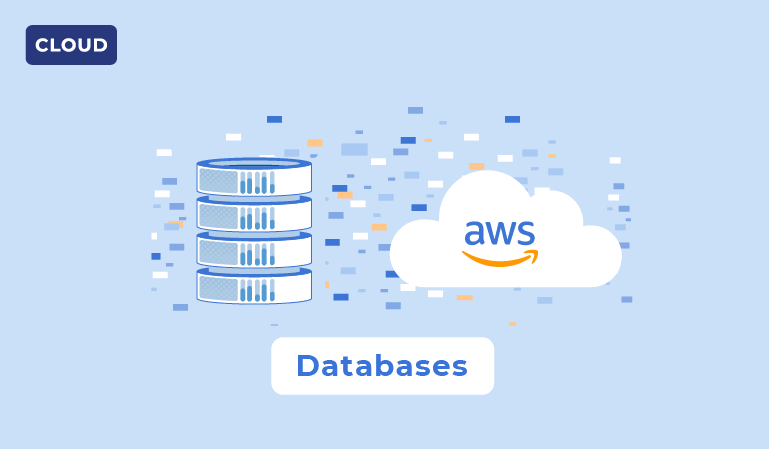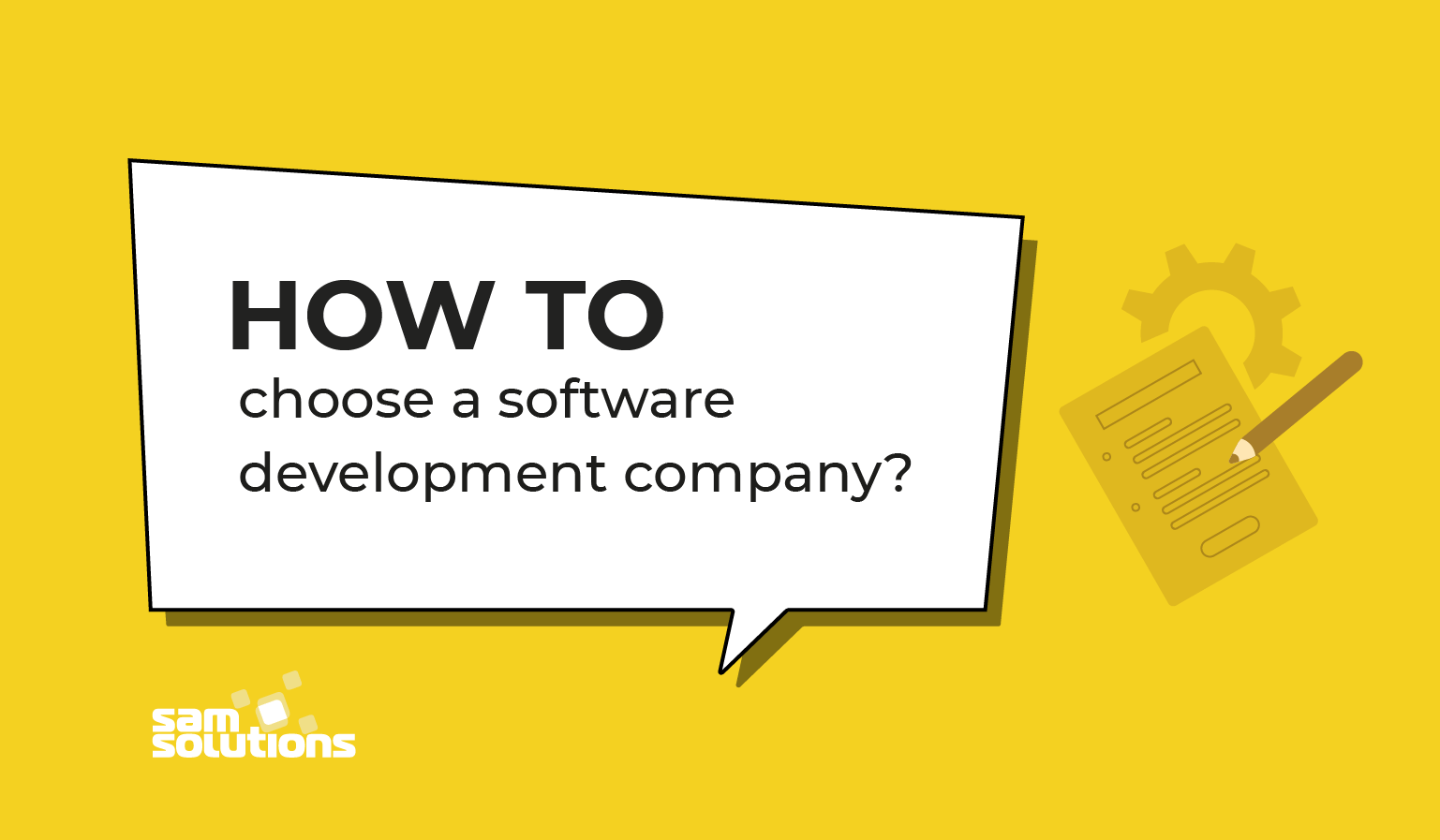
Databases play a crucial role in the ability of an application to function properly. In fact, the performance of an app is directly dependent on how the underlying database performs. However, before the AWS company and other cloud database services began to present new options, organizations were forced to deploy databases on in-house servers.
Having to keep this technology in-house meant that additional staff had to be employed to provide daily maintenance as well as performance and troubleshooting issues. Additionally, in-house IT staff were tasked to ensure that both database and applications were performing at the highest level, on the most up-to-date hardware possible. As a result, they were also required to monitor hardware for faults or performance issues and undertake frequent updates and migrations as hardware changed. The process can quickly become expensive and overwhelming, especially for smaller organizations.
AWS cloud services supply an accessible answer to these issues. As a part of overarching AWS technology offerings, AWS database services are a set of databases offered by AWS on the cloud. With AWS, an organization can focus on the code necessary for app development and the processes critical to deployment and scaling. Amazon takes care of hardware, software upgrades, security patches, and more. Clients pay for the time used, enhancing cost-effectiveness, scalability, infrastructure quality, and distribution.
Using an AWS database allows developed applications to remain highly scalable, growing and changing along with an organization and deploying with no down time. Managed services ranging from maintenance, server provisioning, backups, patches, configurations and hardware provides organizations with peace of mind and allows IT staff to return to their primary duties, thus reducing overhead. Best of all, since AWS maintains its databases on separate machines, client data is highly fault tolerant—all AWS core services are provided with the same world-class infrastructure used by Amazon’s extensive ecommerce platform.
AWS provides a wide range of fully managed databases and purpose-built database engines, equipped to handle a diverse array of workloads and application requirements. Recommended AWS database options include:
- Amazon Relational Database Service
- Amazon RDS on VMware
- Amazon DynamoDB
- Amazon ElastiCache
- Amazon Neptune
- Amazon Quantum Ledger Database (QLDB)
- Amazon Timestream
- Amazon DocumentDB (with MongoDB compatibility)
Amazon Relational Database Service (RDS)
Amazon Relational Database Service (RDS) makes it simple to set up, operate, and scale a relational database. It provides cost-efficient and resizable capacity while automating traditionally time-consuming tasks such as hardware provisioning, set up, patching, and backups.
Amazon RDS database engines:
- Amazon Aurora
- Amazon RDS for PostgreSQL
- Amazon RDS for MariaDB
- Amazon RDS for Oracle
- Amazon RDS for SQL Server
Amazon DynamoDB
Amazon DynamoDB is a fast and fully managed NoSQL database that delivers single-digit millisecond performance at any scale. This system utilizes three core components: tables, items, and attributes. Simple to implement, this database is ideal for applications like e-commerce and game development.
Amazon ElastiCache
As a fully managed caching service and in-memory data store, Amazon ElastiCache improves application performance by reducing disk reads. Sub-services include ElastiCache for Redis and ElastiCache for MemeCache.
Amazon Neptune
Amazon Neptune is an exceptionally reliable, speedy, fully managed graph system that allows organizations to build and operate applications with interrelated datasets. Neptune makes it easy to build queries designed to navigate these datasets, and supplies backups to the readily available Amazon S3.
Amazon Quantum Ledger Database (QLDB)
Amazon Quantum Ledge Database (QLDB) is a fully managed ledger database that provides transparent and encrypted data logs of verified transactions. This database system eliminates the need to engage in the often-complex development of a fully personalized ledger application. QLDB is highly applicable for organizations within the banking, registration, and supply chain sectors.
Amazon Timestream
Amazon Timestream is a serverless time series database service built for Internet of Things (IoT) and operational applications. This fast, reliable database makes it simple to store trillions of events per day, and conduct analysis up to 1,000 times faster with its fully incorporated analytics functions. Timestream’s serverless nature allows easy up- and down-scalability.
Amazon DocumentDB (with MongoDB compatibility)
Expressly purpose-built for JSON data management, Amazon DocumentDB, is both managed and integrated within AWS core services. To allow the high degree of scalability MongoDB demands, AWS designed this service from the ground up. As a result, a single organization’s data storage can scale automatically within parameters ranging from 0 to 64 tebibytes of capacity.


